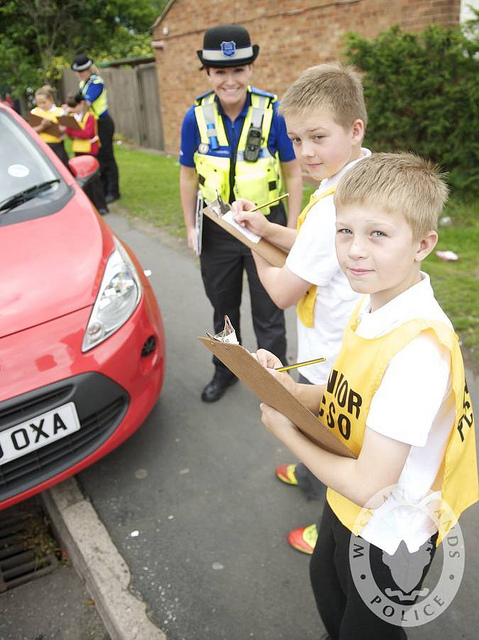
As a teacher I’m sure you will have experienced a classroom full of blank faces looking up at you as you’re explaining a concept (that admittedly may be a little on the dry side) to your pupils on rainy afternoon.
These low energy moments, where the majority of students in the class have lost their focus, come part and parcel with the ‘joys’ of being a teacher and it’s down to you to bring them all back on-task.
Introducing an element of fun into your lesson planning is a fantastic way to motivate your class and studies have shown that a bit of fun creates a great atmosphere for learning too!
So to help inject that dash of fun to proceedings, here are some entertaining ways in which you can liven up your lesson plans and prevent your class’ brains from turning into jelly on one of those typical drizzly afternoons.
Get them out of the classroom
Although it may not be possible for you to organise a field trip every day, there are many benefits to teaching lessons outdoors. For one, learning outside creates opportunities for critical and creative thinking.
Once in a natural environment, some pupils tend to feel more energised, which makes them more likely to come out of their shells and participate in class discussions. In contrast, other pupils will find a similar outdoor experience calming, which could help them to stay quiet, listen to what you’ve got to say and focus on the lesson content more closely.
For more information and tips on how you can practically and safely teach outdoors, refer to this helpful document from educationscotalnd.gov
Learning through Process
Students can learn new concepts through the act of playing a game. Role playing games, for instance, are great for allowing pupils to see things from another’s perspective and therefore build their skills in creative visualisation and empathy. A great example of a role playing game that worked effectively in one classroom was set up by a couple of history teachers from Houston, Texas.
In their game Historia, pupils were split into teams representing different ancient civilisations. Once in those teams, pupils then had to learn how to govern effectively through time by resolving dilemmas and answering history related questions. The pupils’ response to the game was overwhelmingly positive, as the teachers found that the students were excited to learn more about history because they wanted to succeed in the game.
For more information on adapting role-playing games for educational purposes, check out this article.
Make it Relevant to your Pupils
A study by neurologist and former teacher, Judy Wills, found that the old fashioned method of rote learning not only bores pupils, but also has been proven to be an ineffective method for long-term memory recall. This is thought to be because so-called ‘boring’ content, that is made in no way relevant to the learner, is likely to bypass the brain’s emotional filters and therefore not stored for future memories that are altogether more emotionally charged.
She found that lessons which were made more personally relevant to pupils helped the content stick around the memory banks for longer.
There are many examples of lesson plans and ideas that will help pupils relate to your lesson material. One just-for-fun example from reddit, shows a teacher who has made the periodic table more relevant to the class by arranging a few of the elements to fit with Lady Gaga lyrics.
Another example of a lesson plan that works is this activity that turns Shakespeare’s (seemingly) inaccessible language into a fun Shakespearean insult game, which the whole class can have fun with and hopefully relate to on a more personal basis.
For more tips on lesson planning, check out this resource.
If you have any comments or ideas related to how you can transform a boring lesson, share your thoughts below.
